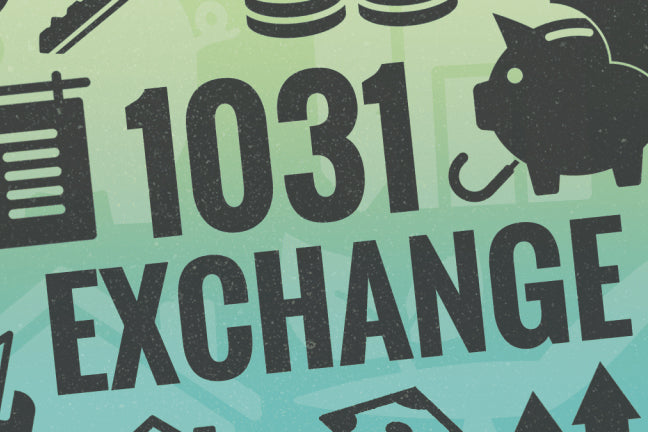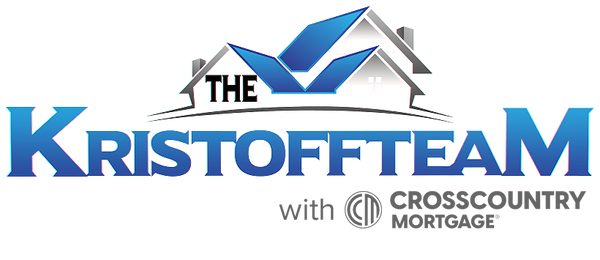The Kristoff Team
1031 Exchange Basics
1031 Exchange Basics
Share
Who Qualifies for a 1031 Exchange?
According to the IRS, owners of investment properties may qualify for a Section 1031 deferral. Individuals, trusts and any other taxpaying entities may set up an exchange of investment properties under Section 1031.
What qualifies the property for a 1031 Exchange?
The property being sold and the replacement property(ies) must meet certain requirements to be eligible for a 1031 exchange.
- Primary residence not eligible. The properties must be for investment purpose. A primary residence or vacation home is not eligible.
- The properties must be “like-kind” or similar. Most real estate will be considered like-kind to other real estate. Quality is not a consideration. It can even be a building being replaced by vacant land.
Timeline for a 1031 Exchange
A 1031 Exchange does not have to be done simultaneously, but it does have to meet 2 very strict time limits.
- The fist limit is 45 days from the start. The clock starts on your timeline the day of closing on the sale of your property. You must identify potential replacement properties within these 45 days. The replacement properties must be identified clearly in written correspondence. This includes a legal description, street address or distinguishable name.
- The second time limit is the 180 day limit. The replacement property must be received and the exchange completed no later than 180 days after the sale of the exchanged property or the due date (with extensions) of the income tax return for the tax year in which the relinquished property was sold, whichever is earlier.
What loan programs work with a 1031 exchange?
The primary characteristic of a 1031 exchange that is relevant for financing is the occupancy. Since 1031 exchanges are by definition classified as investment transactions then any loan program that allows for the purchase of the type of investment property selected would be an eligible source of financing. This could include Fannie Mae, Freddie Mac, Jumbo loans, and NonQM (Bank Statement, DSCR, etc.) loans.
Learn more:
Learn more about 1031 Exchanges directly from the IRS Publication on 1031 Exchanges.

